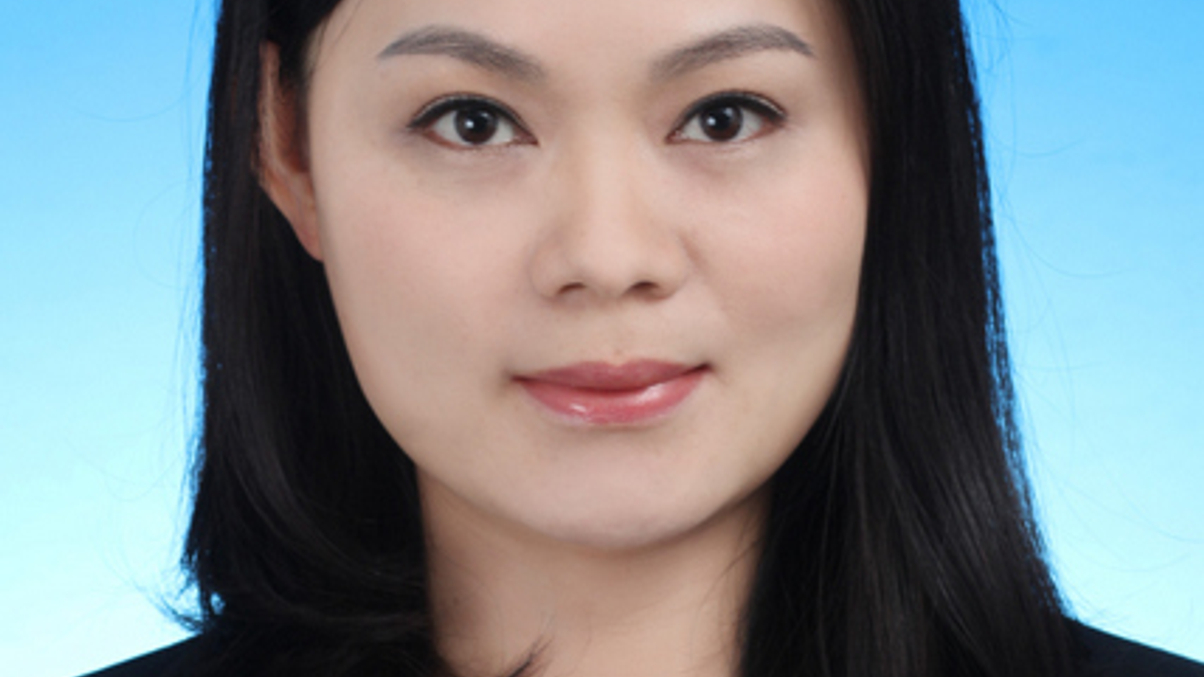Institutional demand for mutual funds soars in China
China's investment industry is set to continue its rapid expansion, as institutions increasingly outsource investments to both mandates and mutual funds, says rating agency Fitch.

China’s investment industry has expanded by two-and-half times since the end of 2014 to Rmb24.4 trillion ($3.7 trillion), driven by growth in mandates and fund management subsidiary business, according to new Fitch research. What's more, institutional investment overtook retail demand for mutual funds last year, noted the report.
Sign in to read on!
Registered users get 2 free articles in 30 days.
Subscribers have full unlimited access to AsianInvestor
Not signed up? New users get 2 free articles per month, plus a 7-day unlimited free trial.
¬ Haymarket Media Limited. All rights reserved.


